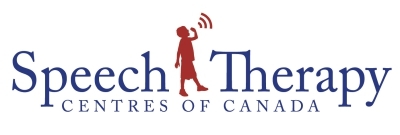Acquired Brain Injury in Children and Their Rehabilitation
For decades scientists believed that children with an Acquired Brain Injury (ABI) would do better than adults with ABI. The reasoning was based on the fact that because adult brains have already been developed and children had ‘plastic’ (changing, growing) brains, children with an ABI would be better able to adapt and learn with their ABI. However, more recent studies have shown that this is incorrect, and in fact, children with ABI do worse in the long-term than adults.
According to recent research, young children with ABI are at a tremendous disadvantage. The younger a child is when he/she suffers an ABI, the worse the child does. This is because younger children have not yet fully acquired speech and language structures. They are then faced with the task of learning a language (vocabulary, grammar, sentence structure etc.) with an acquired learning disability that is caused by the ABI –namely cognitive-communication difficulties that hamper learning (such as attention, memory, comprehension and expressive language difficulties etc.). Those children then struggle with learning in the classroom as their language skills are already behind, and the acquired learning disability further compromises new learning.
Older children who have already learned a language also present difficulties in new learning. In some cases, these children are able to cope in school for the first year or two following their injury. However, as the curriculum material gets more and more difficult, they also experience failure and difficulty.
How does a Speech-Language Pathologist help?
Research has shown that consistent and intensive intervention is the most helpful following a brain injury. In my experience, repetition is the key to teaching these children language. In order to do well, these children need to practice their speech therapy goals on a daily basis with all caregivers, teachers and therapists across all environments for learning and carryover to take place. With the proper support and collaboration, I have seen children with ABI grow from toddlers to grade school and from single words to complex sentences. I have witnessed these children learn to read and even correct other people’s grammar in conversation. Although they continue to require support throughout their school years, it is reassuring to know that intensive and collaborative intervention is the key to their success.
Written by: Claudia Correia, Speech-Language Pathologist, The Speech Therapy Centres of Canada Ltd.
To learn more about acquired brain injury in children, talk to one of our speech-language pathologists today!

